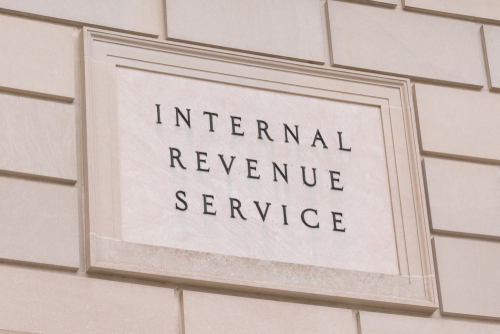U.S. Rep. Kevin Brady (R-TX) and U.S. Sen. Mike Crapo (R-ID) recently introduced a bill that would address the tax gap and initiate reforms within the Internal Revenue Service.

Their bill, the Tax Gap Reform and Internal Revenue Service (IRS) Enforcement Act, H.R. 5206/S. 2721, would require the IRS to provide annual tax gap estimates in coordination with the Joint Committee on Taxation. In addition, it would require the IRS to use existing data and tools to improve its corporate audit selection process and increase enforcement against high-income non-filers. Further, it would create an IRS enforcement fellowship pilot program to assist with the agency’s most complex audits and case selection decisions. And it would codify President Joe Biden’s pledge to not increase audits of taxpayers making less than $400,000 per year and prohibits the establishment of new bank reporting requirements.
The bill is in response to a proposal by Democrats to increase IRS funding by $80 billion over the next 10 years to expand enforcement and compliance activities at the IRS, as well as financial account information reporting.
“In light of recent proposals to massively expand the IRS, with unprecedented amounts of mandatory funding, and the IRS’s continued abuses of taxpayer rights and privacy, any additional IRS funding and monitoring of Americans’ private finances must come with guardrails to help protect against abuses,” Crapo, ranking member of the Senate Finance Committee, said. “This legislation places important guardrails around IRS funding to protect taxpayers’ rights and privacy.”
The legislation is supported by the National Taxpayers Union, Americans for Tax Reform and the Center for a Free Economy.
“This legislation is a strong alternative to recent proposals that would write an $80 billion check to the IRS with too little forethought,” Pete Sepp, president of the National Taxpayers Union, said. “If lawmakers move forward with an Internal Revenue Service (IRS) budget boost anyway, these reforms and more should be considered prerequisites for any major proposed increase in the IRS budget, and would both safeguard taxpayers’ rights and support taxpayers’ interest in an effective, modern, and agile IRS.”